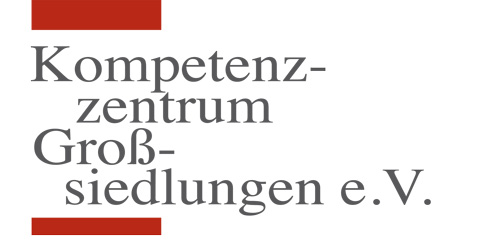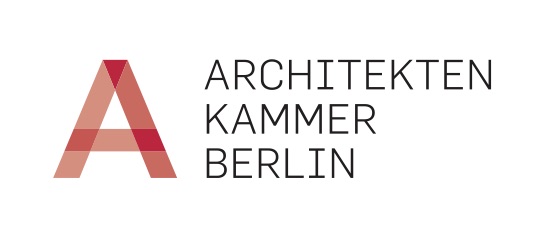Performativität – Emanzipation und die Freiheit in der Stadtluft
Prof. Dr. Uwe Wirth
- 2007 Professor für Neuere deutsche Literatur und Kulturwissenschaft an der Liebig-Universität Gießen.
- Von 2005 bis 2007 war er wissenschaftlicher Geschäftsführer am Zentrum für Literatur- und Kulturforschung, Berlin.
- Er studierte in Heidelberg, Frankfurt am Main und Berkeley. Promotion und Habilitation an der Goethe-Universität Frankfurt.
- Seine Dissertation behandelte Theorien des Komischen (erschienen im Winterverlag unter dem Titel: Diskursive Dummheit. Abduktion und Komik als Grenzphänomene des Verstehens, 1999). Habilitation untersuchte die Herausgeberfiktion in der Literatur um 1800 (publiziert im Fink-Verlag unter dem Titel: Die Geburt des Autors aus dem Geist der Herausgeberfiktion. Editoriale Rahmung im Roman um 1800: Wieland, Goethe, Brentano, Jean Paul und E.T.A. Hoffmann, Fink-Verlag 2008).
- Weitere Forschungsschwerpunkte sind Theorien des Performativen – hier hat er 2002 einen Sammelband bei Suhrkamp herausgegeben – sowie Konzepte der Kulturtheroie “Nach der Hybridität”.
- Mit Fragen der Raumtheorie hat er sich in dem von ihm herausgegebenen und bei Kadmos erschienen Band “Bewegen im Zwischenraum” (2012) auseinandergesetzt mit Ansätzen der Architektursemiotik in einem Aufsatz zur Konfiguration architektonischer Zeichen (“Symbol, Symptom, Signal”) – in dem von Jörg Gleiter herausgegebenen Band”Symptom Design” (2014)
Prof. em. Dr. Marianne Rodenstein
Fachbereich Gesellschaftswissenschaften Goethe-Universität
- Studium der Soziologie, Volkswirtschaft und Wirtschaftsgeschichte an der LMU München (1963-1969) und der FU Berlin (1965-1966)
- Danach freiberufliche Tätigkeit in der „Arbeitsstelle für Verkehrssoziologische Forschung, München.
- Promotions- und Forschungsstipendien am Max-Planck-Institut zur Erforschung der wissenschaftlich-technischen Welt in Starnberg, Abteilung Habermas (1972-77). Dissertation 1976.
- 1979 – 1984 wissenschaftliche Mitarbeiterin am Institut für Stadt- und Regionalplanung der TU Berlin, hier auch Habilitation mit der Schrift “Gesundheitskonzepte im Städtebau seit 1750”
- Lehrstuhlvertretungen an der RWTH Aachen und der Goethe-Universität Frankfurt.
- 1988 – 2007 Universitätsprofessorin für Stadt-, Regional- und Gemeindesoziologie sowie Sozialpolitik an der Goethe-Universität Frankfurt am Main.
- Seit ca. 1974 aktiv in der Frauenbewegung in München, dann Berlin und Frankfurt mit dem Ziel feministische Inhalte und Strukturen in der Soziologie (Mitbegründung der Sektion Frauenforschung in der Soziologie 1979, den Universitäten (Berufungen) und im Bereich der Stadtplanung zu etablieren. Mitherausgeberin der Reihe Stadt, Raum und Gesellschaft im Springer Verlag; Beiratsmitglied der Stiftung Maecenia für Frauen in Wissenschaft und Kunst, Frankfurt am Main.
- 1991 gründete ich FOPA (Feministische Organisation von Planerinnen und Architektinnen) Rhein-Main in Frankfurt.








